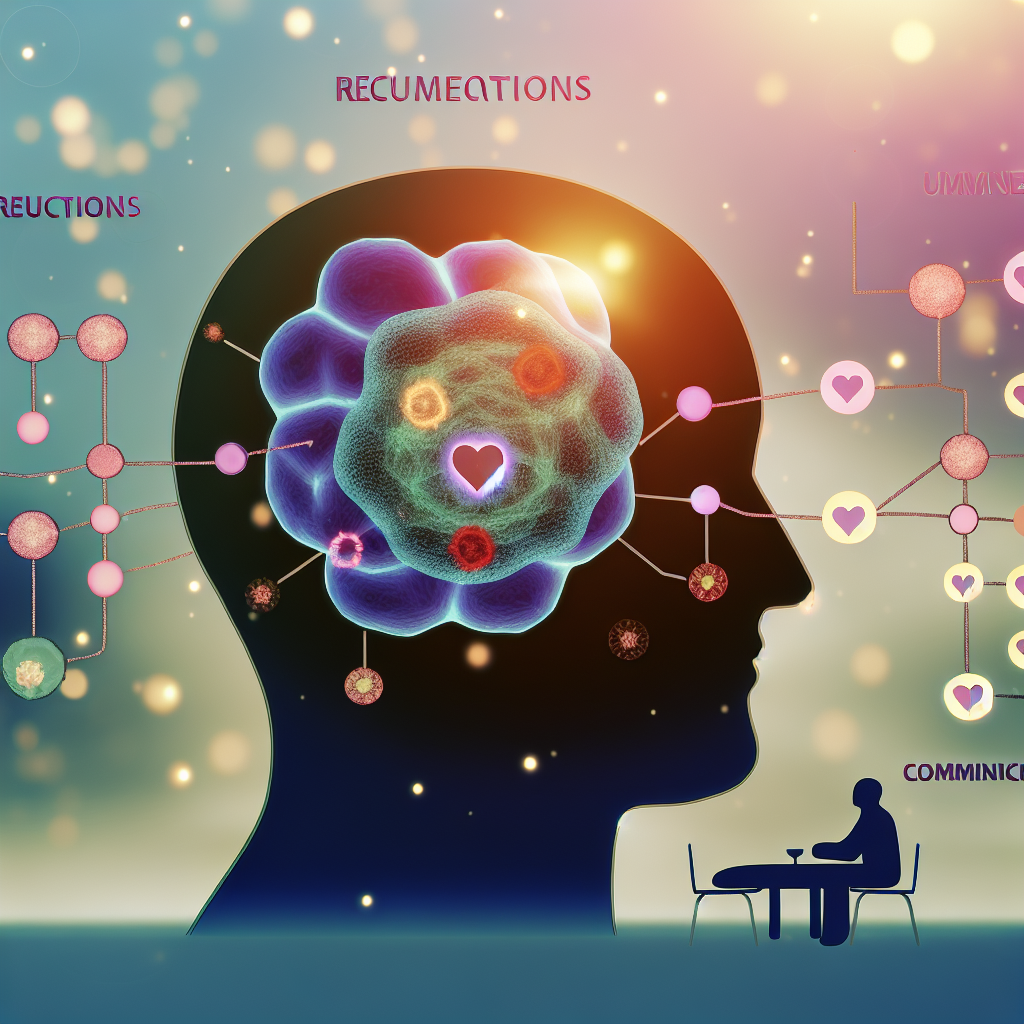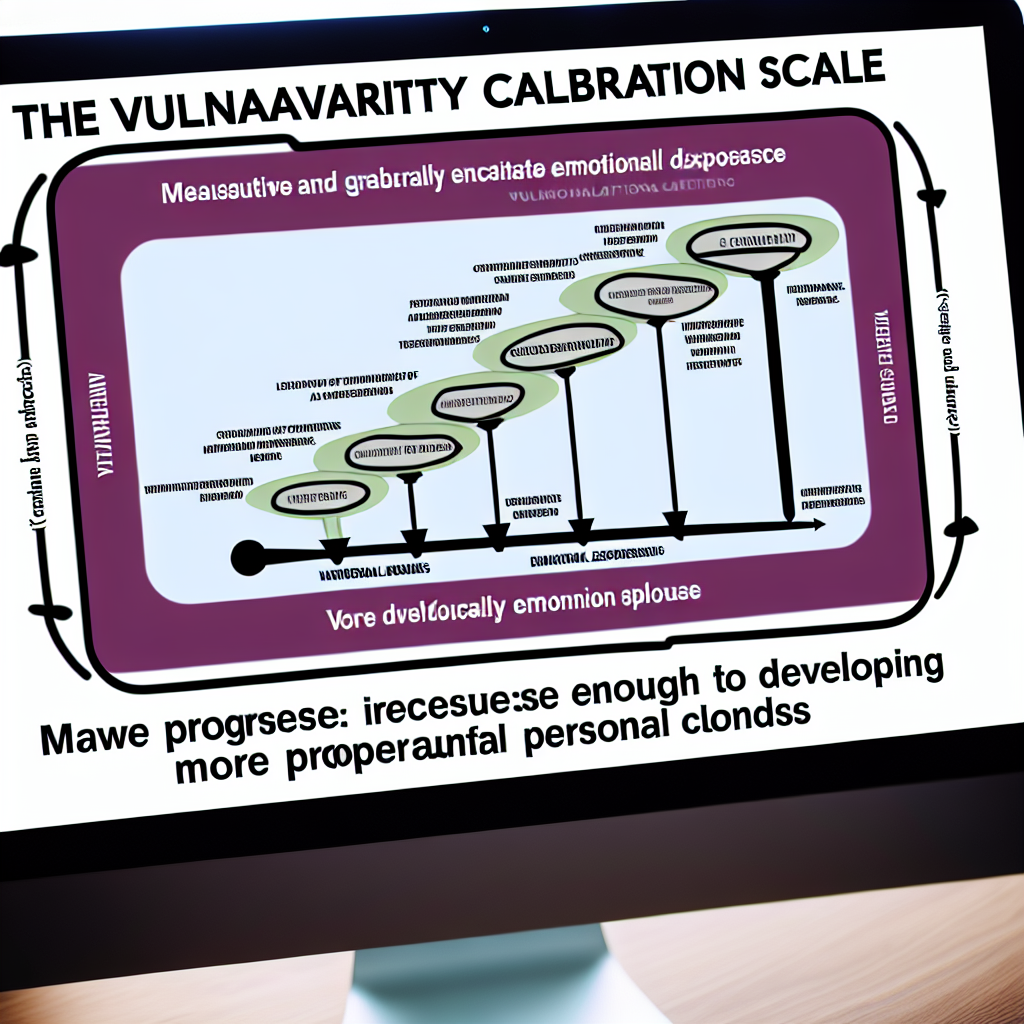Cognitive Style Matching: Why How You Think Matters More Than What You Think
Introduction: Beyond Looks and Likes—Is Mental Compatibility the Real Matchmaker?
In the fast-evolving world of dating and relationships, compatibility is often discussed in terms of shared interests, values, goals, and physical attraction. Singles from 18 to their 80s now embrace online platforms and digital matchmaking services more than ever, making it easier to connect with potential partners worldwide.
Yet, one crucial—and often overlooked—dimension of compatibility could hold the key to lasting love: cognitive style matching.
Cognitive style refers to the characteristic ways individuals think, perceive, solve problems, reason, and recall information. Unlike intelligence or knowledge, which pertains to what someone knows, cognitive style is about how someone processes information. Are you a visual thinker who prefers images over words? Or perhaps you’re an analytical and detail-oriented thinker? Maybe you rely more on intuition and big-picture understanding?
Now imagine two people trying to communicate in a relationship when one partner is linear and methodical, while the other is abstract and intuitive. The disconnect isn’t about personal disagreement—it’s about fundamentally different ways of processing the world.
When cognitive styles clash, miscommunication arises—not due to emotion, but to different mental frameworks. It’s like trying to run a Mac-only software on a PC. Both are powerful in their own right but incompatible without proper configuration.
Understanding and aligning cognitive styles can lead to stronger emotional intimacy, improved conflict resolution, more engaging conversations, and increased relationship satisfaction. Whether you’re going on your first date as a college freshman or rediscovering love in your 80s, how you and your partner think—your cognitive DNA—could be a better predictor of success than any shared hobby or zodiac sign.
Thanks to advances in psychology and neuroscience, this new frontier in dating is changing the game—pushing matchmaking to a deeper level than social media bios and personality quizzes ever could.
The Psychology Behind Cognitive Compatibility: Thinking Beyond Traditional Matchmaking
The study of cognitive styles has a rich academic tradition, especially in educational psychology and cognitive neuroscience. But it’s also rapidly becoming a focus in social psychology and relationship science.
One foundational theory is Witkin’s concept of field dependence vs. independence, which categorizes individuals based on their preference for either analytical or holistic thinking. For example, a field-independent person might favor logic and facts, while a field-dependent one emphasizes emotions, context, and relationships.
Robert Sternberg’s Triarchic Theory of Intelligence adds another layer, distinguishing between analytical, creative, and practical intelligence. These categories also reflect unique cognitive styles, offering a new vocabulary for understanding how we—and our potential partners—think.
A compelling study published in Personality and Individual Differences (Zhang & Sternberg, 2005) found that differences in cognitive styles significantly affect interpersonal relationships, especially long-term ones. Couples with mismatched thought patterns experienced more miscommunication, reduced connection, and lower relationship satisfaction over time.
The Neuroscience of Love: How Brain Wiring Impacts Relationship Harmony
Neuroscience also supports the importance of understanding your partner’s cognitive blueprint. A 2016 study in Nature Reviews Neuroscience uncovered structural brain differences tied to individual thinking styles. These neurological variances influence how we interpret the world—meaning friction in couples may stem not from a lack of effort or empathy, but from literal differences in information processing.
This opens up a powerful conversation: Instead of assuming a partner “doesn’t get it,” we can acknowledge that they’re simply wired to see it differently. This altered perspective can create more compassion, patience, and willingness to bridge the cognitive gap.
Therapists and relationship researchers are catching on. At the Gottman Institute, renowned for its evidence-based approaches, couples are encouraged to explore each other’s “mental maps”—the way each partner thinks, makes decisions, and manages emotional input.
Dating Apps Are Catching Up: Cognitive Style as the Smart New Filter
Cognitive style matching isn’t just theoretical—it’s increasingly being integrated into leading dating and matchmaking platforms like HitchMe.com.
By incorporating questions about thinking patterns—such as whether you make decisions based on logic or emotion, process problems visually or verbally, or tend toward detailed analysis or abstract synthesis—HitchMe offers a science-based approach to connection.
This not only helps neurotypical users find deeper relationships but also opens doors for neurodiverse individuals—those with ADHD, autism, or high analytical tendencies—who often struggle to find understanding partners in traditional dating environments.
And it works. A study published in the Journal of Couple & Relationship Therapy (2019) found that couples with similar cognitive tendencies reported better communication, stronger conflict resolution, and higher relationship satisfaction, even when their personalities or interests differed.
Conclusion: Think Your Way to Love That Lasts
In a crowded dating world filled with swipe-based judgments and algorithmic assumptions, understanding how you think—and identifying partners who process the world in sync with you—could redefine matchmaking.
Imagine solving problems collaboratively instead of competing viewpoints. Imagine being naturally on the same wavelength during conversations or instinctively understanding your partner’s emotional needs. That’s the silent power of cognitive compatibility.
At HitchMe.com, we believe mental harmony is the next big thing in matchmaking. It’s time to start thinking not just about what someone likes, but how they think.
Because love that lasts starts in the mind.
**Summary:**
The article explores the importance of cognitive style matching in relationships, highlighting how fundamental differences in how people think, process information, and make decisions can impact the success and satisfaction of a relationship. It delves into the psychological and neuroscientific research supporting the significance of cognitive compatibility, and discusses how leading dating platforms are incorporating this factor into their matchmaking algorithms. The article encourages readers to consider how they and their potential partners think, rather than solely focusing on shared interests or personality traits, as a key predictor of long-term relationship harmony.
**References:**
– [Zhang, L., & Sternberg, R. J. (2005). A Threefold Model of Intellectual Styles. *Educational Psychology Review*.]()
– [*Nature Reviews Neuroscience* (2016). Cognitive Individual Differences and Brain Networks.]()
– [The Gottman Institute – The Love Map.]()
– [Couple Cognitive Compatibility Study – *Journal of Couple & Relationship Therapy*, 2019.]()
– [Sternberg, R. J. (1985). Beyond IQ: A Triarchic Theory of Human Intelligence.]()

Dominic E. is a passionate filmmaker navigating the exciting intersection of art and science. By day, he delves into the complexities of the human body as a full-time medical writer, meticulously translating intricate medical concepts into accessible and engaging narratives. By night, he explores the boundless realm of cinematic storytelling, crafting narratives that evoke emotion and challenge perspectives. Film Student and Full-time Medical Writer for ContentVendor.com




